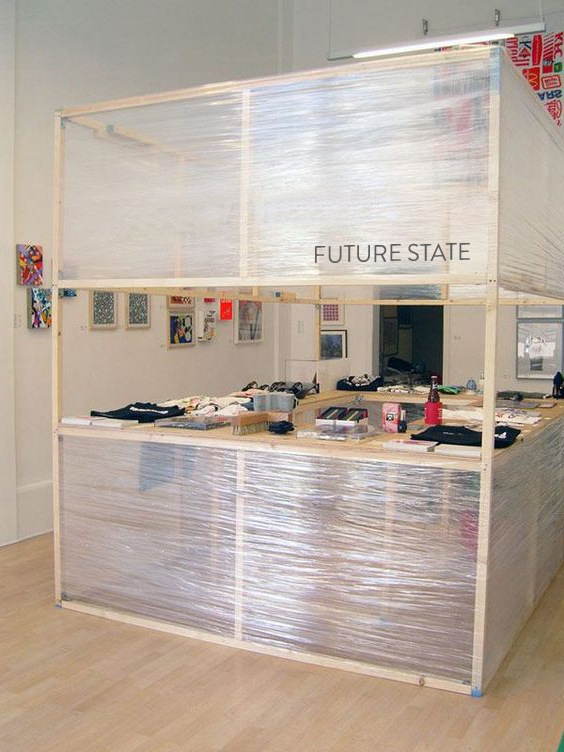
5 Top Tips in Chinese business etiquette (by a Chinese person)
It is not the language but the 5000 year old culture that is challenging because it is the very antithesis of European culture.
1. If someone pays you a compliment you do NOT say thank you. It is deemed immodest, crass and a conversation killer. You return the compliment straightaway by giving a camaraderie act of humility with a chuckling “Where? What? No! Me? Come on, what are you talking about, it’s YOU who looks fab.” As a rough rule, you do the opposite of what you’d do in a European situation.
2. Listening is a number one skill in China. In Confucian ethics, it’s considered vile to ramble on. Know when to shut up. They enjoy ice-breakers and small talk but in a direct personal way. If you meet someone for a meeting, don’t say hello how are you. It is deemed bland and insincere (yeah.) Do say instead, “hello, have you eaten?” because if they say yes, you ask them what did they already have. If they have not, you can ask them what they’d like to have to go with your meeting. Chinese people are infamous for being brutal and direct. “Hi, have a drink. Go on.” They do not like subtleties and they NEVER talk about the weather.
3. They don’t drink tea with milk. Or anything with milk. The only milk they’ll drink is soy milk and they have that neat. Therefore you don’t have to offer sugar or milk with tea.
4. The Chinese are similar to the English in that the fear of embarrassment is greater than any fear in this life. At all times you must save face for your client and yourself. Never shame anyone or cause dispute that might sour a relationship. If the client says sit down, you don’t sit yet. You say: please, you first sit down. Then you gesture vaguely. This is to ensure you don’t sit in the wrong seat. If they say: please eat. You say: please, you first eat. This is to ensure you don’t eat the wrong meal. In other words, do not screw up.
5. Fight over the bill. Practise this at home if you need to. It involves a camaraderie and vague melodramatic acting skills. The person who has to foot the bill is the more senior or the more powerful. Unfortunately you have to decide beforehand who is in charge of the situation. That is the person who “wins” the fight, or the one paying, and that’s usually the person who invited the other person. This is not a “real” fight, OK? Good-humoured elbow-twisting or shoulder grabbing is fine. But not if it’s a woman.
If you liked this, you’ll love my next article related to the same topic: Non-sexist things to do if you’re working in China or Asia.
If you enjoyed this article, please share. As usual I would love to hear from you. All comment and feedback welcome.
Written by Ivy Ngeow B.Arch (Hons) MA RIBA © 2019 All rights reserved
Tweet me @ivyngeow
#womeninarchitecture #thepracticeblog #ivyngeow




